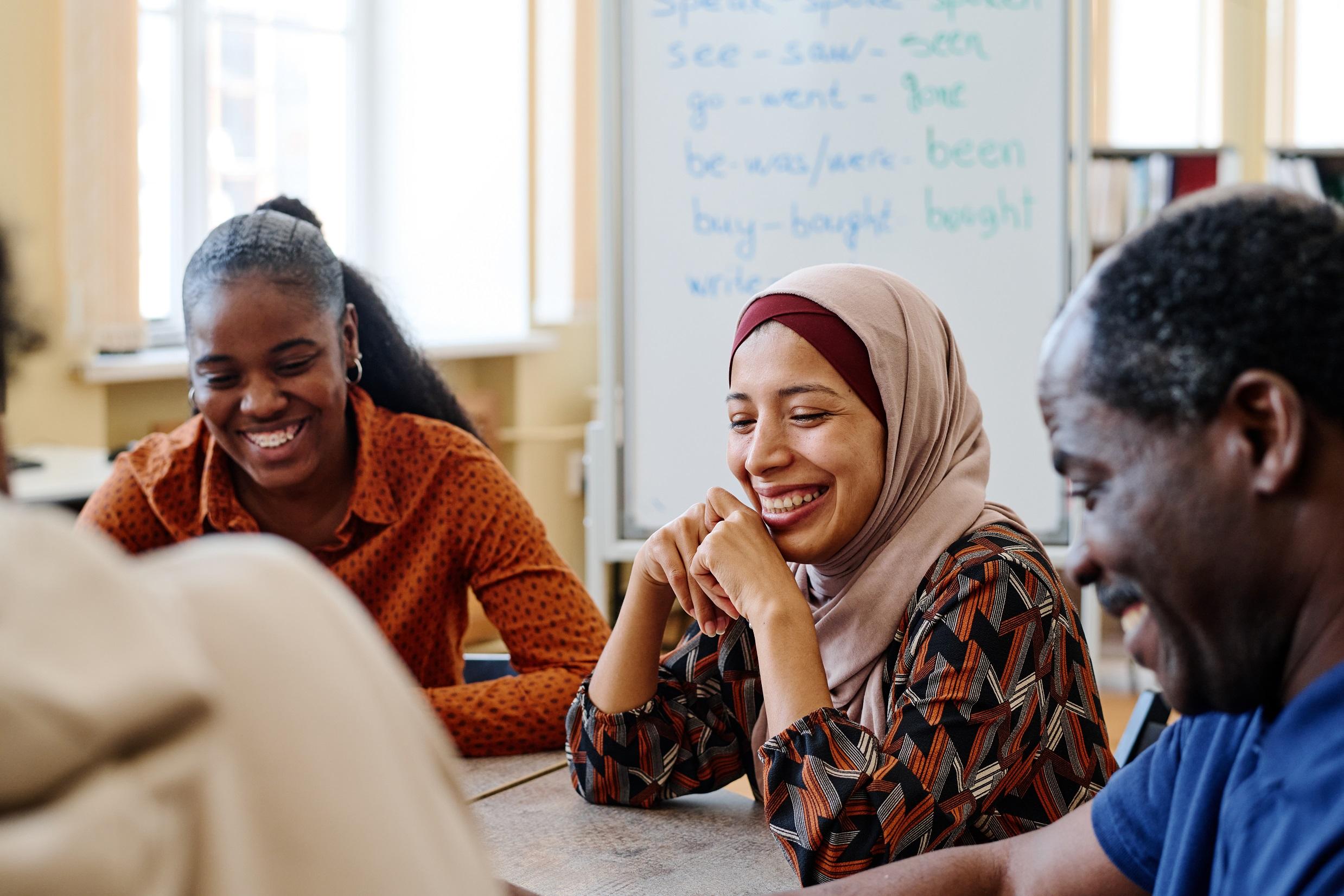Embedding equality and celebrating diversity are key to an attractive teaching profession
Published:
Why doesn't the teaching profession reflect society's diversity? This month, in our "Make Teaching Attractive" campaign, we're focusing on a pivotal goal: Embedding Equality and Diversity in our teaching workforce. With OECD data highlighting a significant diversity gap, it's clear action is needed. How can diverse educators enrich our schools and society? Discover ETUCE's strategies for a more inclusive teaching profession, where diversity is not just welcomed, but seen as a fundamental strength.
The European Trade Union Committee for Education (ETUCE) is dedicated to enhancing the appeal of the teaching profession. The Campaign “Make Teaching Attractive” challenges education policy makers to ensure that public funded education systems are well staffed to provide quality public education for all. This month, the focus is on a critical aspect: Embedding Equality and Diversity in the teaching workforce. This means ensuring that the profession represents the diverse society it serves and promoting an environment that respects and values individual differences. By incorporating equality and diversity into the teaching workforce, we can foster a more inclusive, understanding, and equitable society.
The teaching profession should mirror society's full spectrum of diversity, including gender, sexual orientation, abilities, special educational needs, economic status, ethnic origin, language, religion, and migratory and citizenship status. However, recent OECD data highlights a significant diversity gap within the teacher workforce, particularly in gender, disabilities, and migrant backgrounds. ETUCE's findings support this, showing, for example, that while 25% of teachers in the EU work in schools with at least 10% non-native-speaking students, the proportion of teachers with migrant backgrounds is much lower across Europe. This discrepancy is problematic for inclusive education, as teachers from majority backgrounds may lack a full understanding of the experiences of individuals from non-dominant cultures. Therefore, recruiting and retaining teachers from diverse backgrounds is crucial for fostering inclusion and improving learning outcomes. Another notable imbalance is the gender disparity, which varies by education sector, subject, and level. Early childhood, primary, and secondary education are predominantly female, while Vocational Education and Training (VET) and higher education have more male personnel.
ETUCE advocates for treating all education personnel with equal opportunities, enhanced diversity, and supported inclusion.. The ETUCE Action Plan on Equality, Diversity and Inclusion, outlines the need for diversity discussions among educators, fast-track programs for migrant teachers, sufficient support for educators in areas with many migrant and ethnic minority students, and addressing the gender inequalities through collective bargaining. It further advocates for better salaries and working conditions, workplace equality plans, a safe environment for LGBTI personnel, and adequate resources for including special needs personnel in the education system and labor market.
Furthermore, in its policy paper “Raising the Status and improving the Attractiveness of the Teaching Profession”, ETUCE emphasises the need for a recruitment policy that reflects society's diversity, focusing on attracting teachers with migrant backgrounds and different mother tongues. Strategies aimed at balancing the gender ratio in the profession are also highlighted to address the imbalance and attract diverse individuals.
Education trade unions play a key role in embedding equality and diversity in the teaching profession, where such initiatives are showcased in the ETUCE Online Database of Good Practices. For instance, the ETUCE member organisation SPASH-ITUEA from Albania organised plenary discussions and working groups focusing on the rights of LGBTQ+ workers, addressing issues such as homophobic and transphobic discrimination and harassment in the labour market, and promoting a safe and healthy working environment for LGBTI teachers, academics, and other education personnel through the power of unionizing and collective bargaining. Or the member organisation UEN from Norway who has developed a union’s Action Plan on targeted support for teachers from migrant/refugee backgrounds and ethnic minority groups, to facilitate their inclusion in trade union work and to foster integration in the education system.
Embedding equality and diversity in the teaching profession enriches education systems with various perspectives and experiences, making the profession more attractive to diverse groups. The focus of this month’s campaign on the profession's attractiveness highlights diversity as a strength and key element for its future.